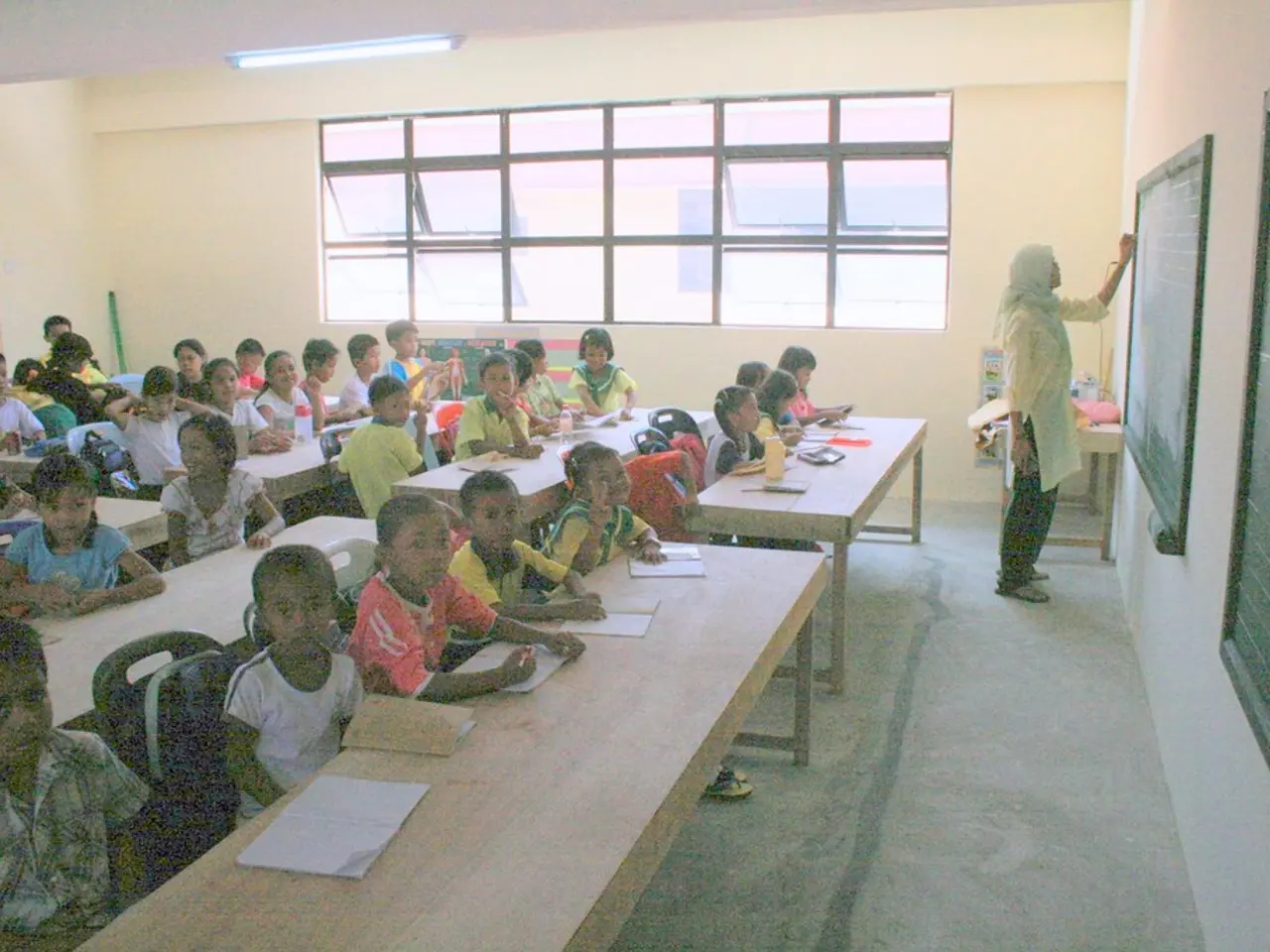Strategies for Minimizing Educational Setbacks Among Pupils During the Summer Months
With the school year coming to an end, it's essential to ensure that students maintain their learning momentum during the summer months. Here are some effective strategies to prevent summer learning loss and help students return to school with confidence, clarity, and momentum.
1. **Enrollment in Brain Training Programs** Brain training programs use evidence-based strategies to enhance cognitive skills such as memory, attention, and problem-solving abilities. These programs can significantly improve learning capacity and academic performance.
2. **Creative Play and Educational Trips** Encourage children to engage in creative play and organize educational trips to cultural sites or museums. These activities can foster curiosity and learning while promoting fun.
3. **Summer Reading** Encourage students to read books across different genres. This helps maintain reading skills and can introduce new vocabulary and concepts.
4. **Hands-On Experiences through Community Partnerships** Collaborate with local organizations to provide hands-on learning experiences. This can include activities with zoos, gardens, or other community centers.
5. **Visual Schedules and Routine** For students with special needs, maintaining a structured routine is crucial. Use visual schedules to provide predictability and stability, which can help retain skills and reduce anxiety.
6. **Math-Focused Activities** Incorporate math into daily activities, such as grocery shopping, and engage in math games or create a "summer math jar" with fun math challenges.
7. **Writing Practice** Encourage students to maintain a journal or write short stories over the summer. This practice helps retain writing skills and can foster creativity.
In addition to these strategies, it's important to encourage consistent participation in educational activities, utilise community resources and free summer education programs, and balance fun and learning. Summer offers an opportunity for students to build independence through self-directed learning. Let your child pursue a personal project from start to finish to build initiative and problem-solving ability.
Real-world problem-solving activities can help keep math skills sharp during the summer. Several educational websites or apps can support learning by introducing basic coding, encouraging digital storytelling, or supporting vocabulary and subject review. Encourage students to keep a daily journal, practice gratitude, role-play real-life situations, and join group activities that promote teamwork.
Look for summer programs that promote collaboration, exploration, and confidence. By implementing these strategies, we can help students maintain their academic progress and prepare them for a successful return to school in the autumn.
- To supplement their learning, students can enroll in innovation-driven education-and-self-development programs that focus on personal-growth and learning, such as brain training programs.
- By combining technology with creative play and visiting arts and cultural centers, students can enhance their understanding and appreciation of various fields and arts.
- Technology can also be incorporated into learning by focusing on math activities like using online tools for practicing basic coding, digital storytelling, or reviewing subjects.
- Collaborating with teachers and local partners, students can engage in hands-on experiences through community partnerships, such as workshops at zoos, gardens, or community centers, to build practical skills and knowledge.
- In addition to their usual curriculum, students can participate in summer learning programs to maintain academic momentum and develop new interests and abilities.
- Teachers can encourage students to take ownership of their learning by participating in group activities or personal projects during the summer months to cultivate initiative, problem-solving abilities, and teamwork skills.




